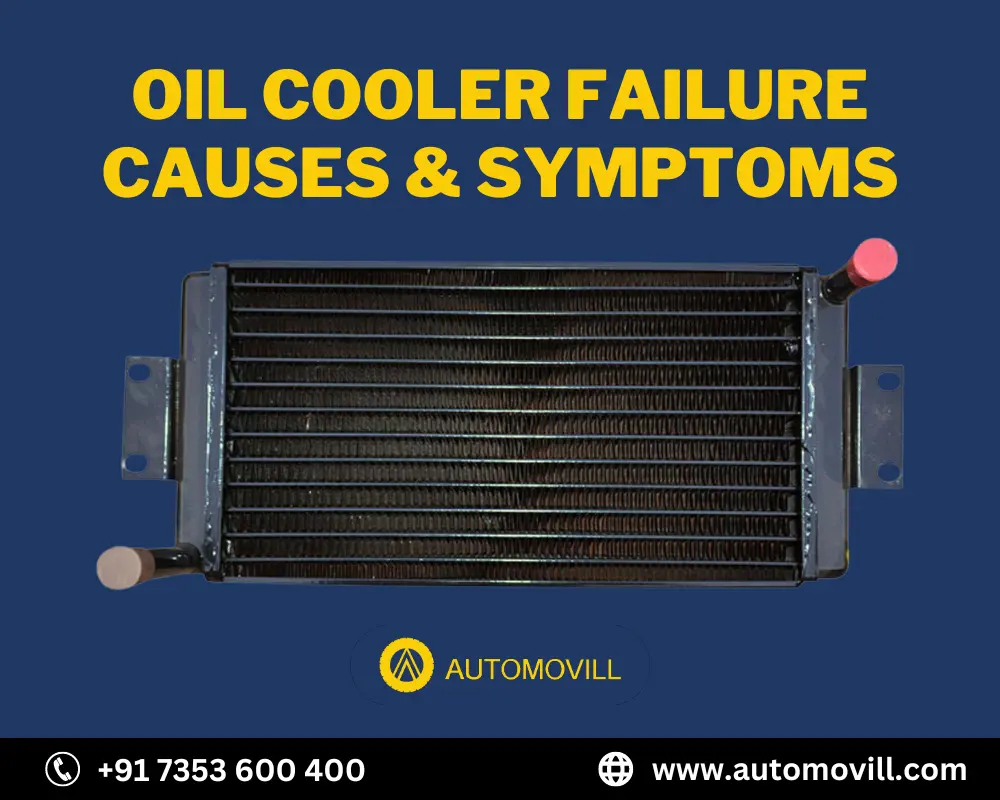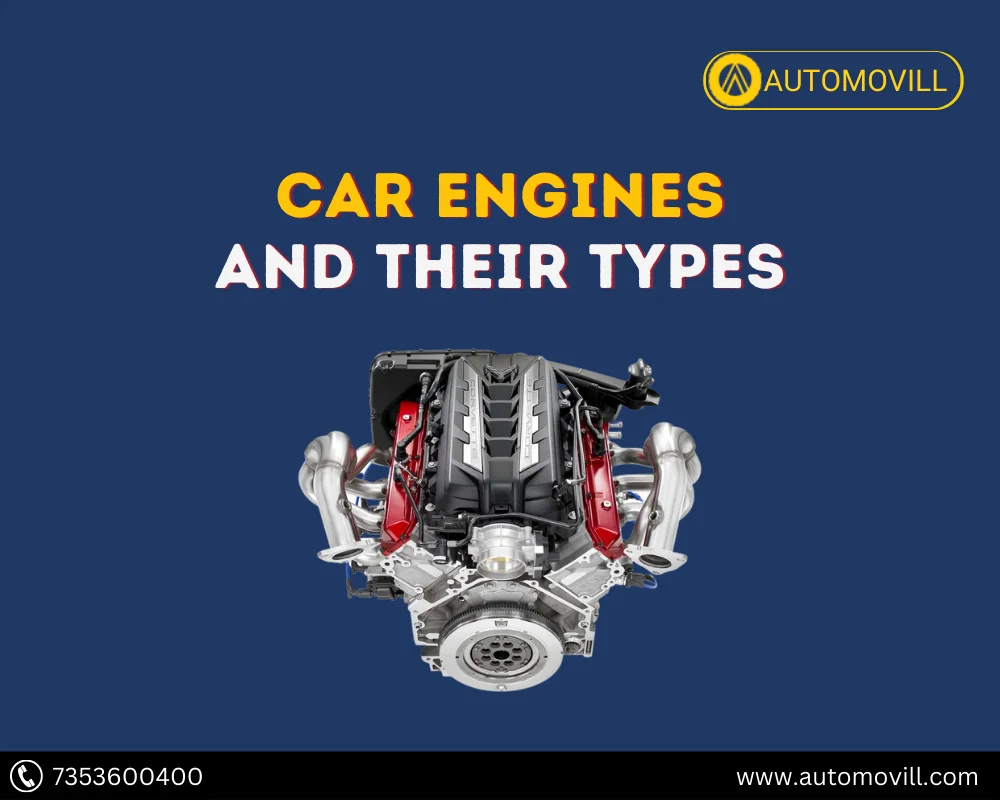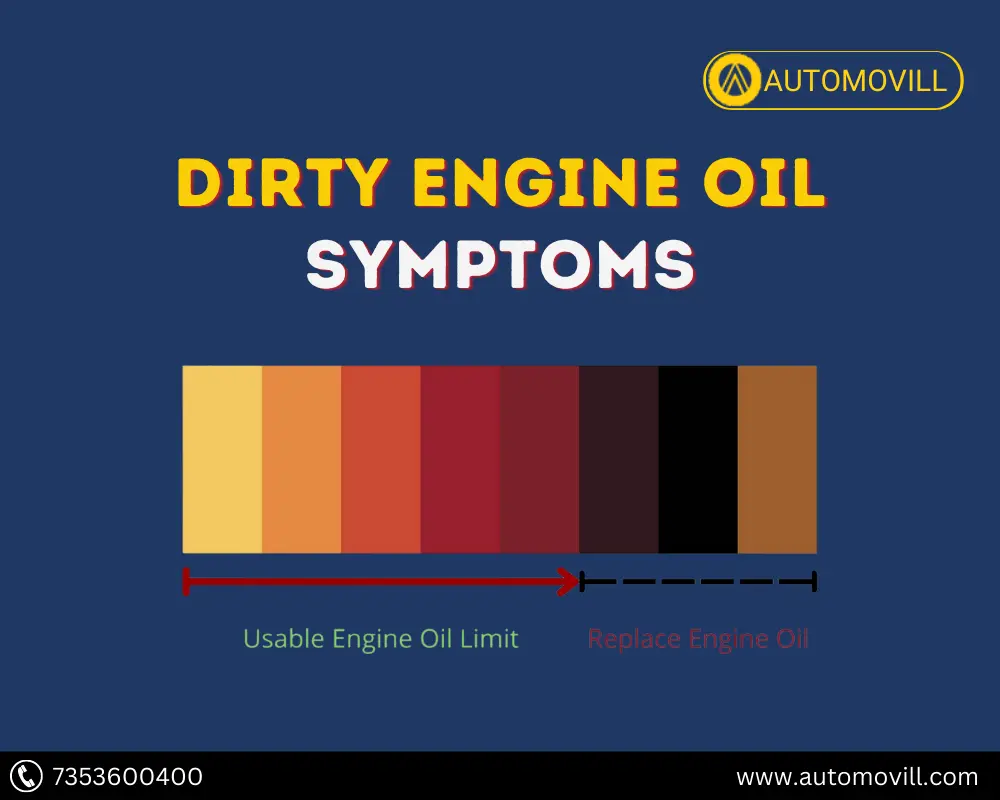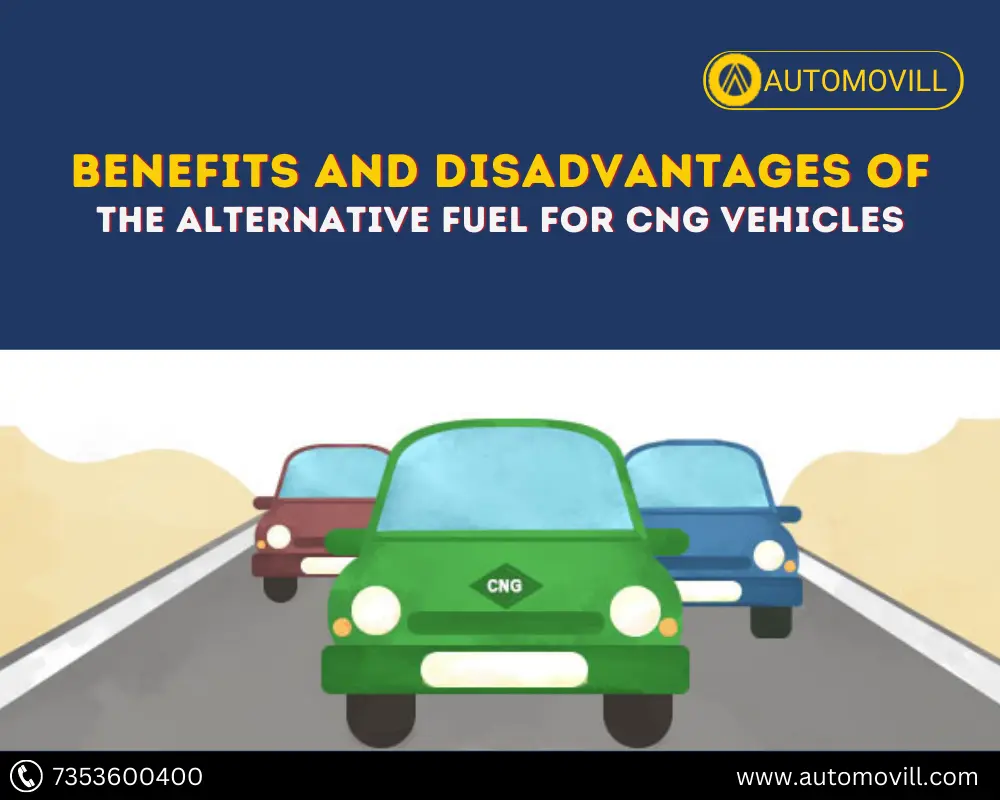-
Tata Motors Shifts Gears: Outpaces Hyundai to Secure #2 Spot in Indian Auto Market!

In a significant milestone for the Indian automotive industry, Tata Motors has finally overtaken Hyundai to become the country’s second-biggest car seller. This accomplishment highlights the shifting dynamics of the Indian car market and signals a major turning point for Tata Motors, which has been on a steady development trend lately. According to sales data…
-
Viscosity Index of Lubricating Oil – Should It Be High or Low?

The viscosity index is a measure of the change in viscosity of an oil with temperature. It is an important property of lubricating oils as it affects the ability of the oil to provide effective lubrication in different operating conditions. The higher the viscosity index, the less the oil’s viscosity changes with temperature, and therefore,…
-
How to Fix Black Smoke from Exhaust?

Black smoke coming from the exhaust is an indication that your vehicle is not running efficiently and could potentially cause harm to the environment. In this article, we will discuss what causes black smoke from the exhaust, the diagnostic process, and how to fix the issue. What Does Black Smoke from the Exhaust Indicate? Black…
-
Oil Cooler Failure Causes & Symptoms

The oil cooler is an essential component of a vehicle’s engine cooling system that helps regulate the temperature of the engine oil. Over time, the oil cooler can become damaged, which can lead to a range of symptoms that affect the performance and longevity of the engine. In this article, we will explore some of…
-
How To Fix a Leaking Head Gasket?

A leaking gasket can cause significant problems for an engine, as it can allow fluids to escape and potentially damage other parts of the vehicle. Fortunately, fixing a leaking gasket is typically a straightforward process that can be done with a few simple tools and some patience. In this blog, we’ll go through the steps…
-
How To Fix Coolant Mixing With Engine Oil?

When coolant mixes with engine oil, it can cause serious damage to your engine. This can lead to engine failure and costly repairs. If you suspect that coolant is mixing with your engine oil, it’s important to take action quickly to prevent further damage. In this article, we’ll explain what causes coolant to mix with…
-
Different Car Engine Types: How Engine Works?

Car engines, also known as internal combustion engines, work by converting the chemical energy stored in fuel into mechanical energy that can be used to power the vehicle. Here’s a basic overview of how car engines work: Intake: The engine’s air intake system brings in air and mixes it with fuel to create a combustible…
-
What Your Car is Trying to Tell You: 6 Signs of Dirty Engine Oil You Shouldn’t Ignore

The primary function of engine oil is to lubricate the engine’s moving parts, such as the pistons, bearings, and valves, to reduce friction and wear. This helps to prevent engine damage and extend the life of the engine. Additionally, engine oil helps to cool the engine by absorbing heat generated during operation, and it helps…
-
Fueling the Future: A Comprehensive Guide to Hydrogen Fuel Cell Technology

The development of hydrogen fuel cell technology is gaining traction in the automotive industry, with many automakers investing in this alternative fuel source as a potential solution for reducing carbon emissions. In this article, we will take a closer look at hydrogen fuel cell technology, its advantages and disadvantages, and the current state of the…
-
Advantages and Disadvantages of CNG

Compressed natural gas (CNG) is a popular alternative fuel for vehicles that are gaining traction due to its environmental and economic benefits. CNG is a clean-burning fuel that produces lower emissions than traditional gasoline or diesel, and it can also be less expensive to use. In this article, we will discuss the benefits and disadvantages…